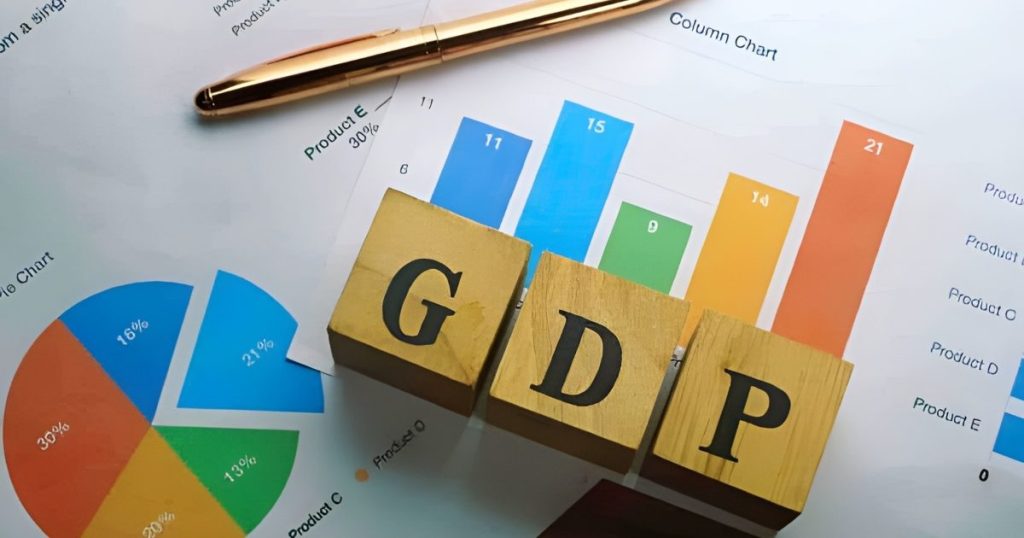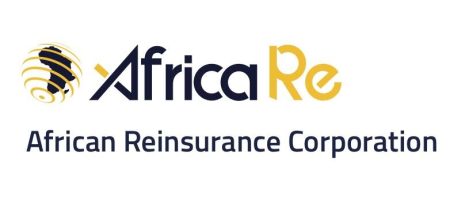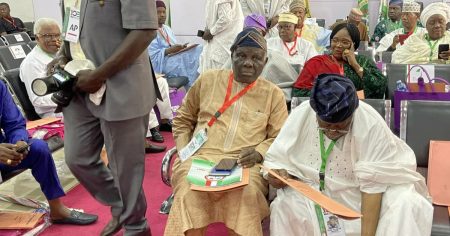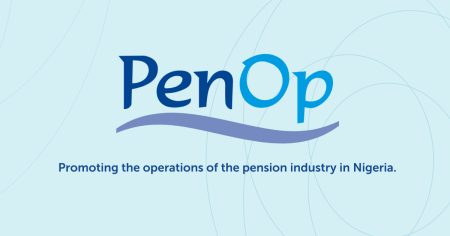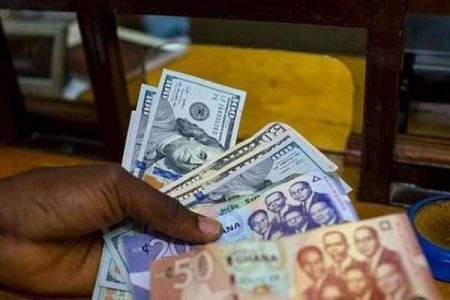Nigeria’s Rebased GDP: A Deeper Dive into Economic Realities
Nigeria recently rebased its Gross Domestic Product (GDP), updating the base year to 2019 and incorporating previously uncounted sectors like e-commerce and the digital economy. This recalculation significantly increased the nominal GDP, revealing a larger economy than previously estimated. While this offers a more accurate snapshot of Nigeria’s economic size, it simultaneously exposes underlying structural weaknesses that hinder genuine economic transformation. The increase in GDP hasn’t translated into tangible improvements in the lives of ordinary Nigerians, and critical issues like low productivity, a weak industrial sector, and a large informal economy continue to impede progress.
The rebasing exercise, while valuable for international comparisons and reflecting current economic activities, ultimately masks deeper concerns. Though the nominal GDP has expanded, productivity levels remain alarmingly low compared to other emerging markets. Key sectors like agriculture and services, while contributing significantly to the GDP, suffer from low productivity, hindering their ability to generate high-paying jobs and lift people out of poverty. Furthermore, these sectors struggle to compete in international markets, resulting in weak export earnings and a reliance on imports. This dependence on foreign goods exacerbates pressure on the Nigerian Naira, hindering the nation’s aspirations of achieving a $1 trillion economy by the end of the decade.
Economists point to a distorted growth trajectory as a key contributor to these challenges. Nigeria appears to have leaped from a primarily agricultural economy to one dominated by services, bypassing the crucial industrial development phase. This “abnormal growth” has resulted in a stunted manufacturing sector, which is essential for job creation, income generation, and overall economic diversification. The rebasing data confirms this trend, revealing contractions in manufacturing and construction sectors, highlighting the urgency of addressing this imbalance. A robust industrial base is fundamental to achieving sustainable economic growth and poverty reduction, yet Nigeria’s development path has neglected this critical component.
The dominance of the informal sector further complicates Nigeria’s economic landscape. While the informal economy contributes significantly to the GDP, it operates largely outside the regulatory framework, limiting its contribution to government revenue through taxation. This large informal sector represents a significant untapped potential. Formalizing these businesses could substantially boost government revenue and contribute to more robust economic growth. However, significant hurdles remain, including bureaucratic complexities, a cumbersome tax system, and a lack of access to financial services, which discourage informal businesses from transitioning to the formal economy.
The rebasing exercise also has implications for Nigeria’s fiscal position. By lowering the debt-to-GDP ratio, it provides the government with more borrowing capacity without exceeding prudential limits. This could lead to increased borrowing to cover fiscal deficits. Similarly, the rebasing reduces the tax revenue-to-GDP ratio, emphasizing the need for more effective tax collection strategies. The recently enacted Tax Reform Act of 2025, set to take effect in 2026, is expected to address some of these issues, but its success hinges on effective implementation and addressing structural impediments to revenue generation.
Despite the enlarged GDP figures, Nigeria faces considerable economic headwinds. Persistent insecurity, particularly in agricultural regions, disrupts production and hampers growth in this crucial sector. High inflation erodes consumer purchasing power, while tight monetary policies restrict access to credit for businesses. These challenges underscore the need for comprehensive reforms aimed at boosting productivity, strengthening the industrial sector, formalizing the informal economy, and fostering a more conducive environment for sustainable and inclusive economic growth. While the rebased GDP provides a more accurate picture of Nigeria’s economic size, it also highlights the urgent need to address deep-seated structural weaknesses that prevent the country from realizing its full economic potential and improving the lives of its citizens.
The underlying economic challenges remain a pressing concern despite the revised GDP figures. These challenges require targeted interventions and policy reforms. Boosting productivity across all sectors is crucial, as is enhancing the competitiveness of Nigerian products in the global market to increase export earnings and foreign exchange inflows. This will require investments in infrastructure, education, and technology, alongside policy changes that promote a business-friendly environment.
The formalization of the informal sector presents both a challenge and an opportunity. Simplifying business registration processes, streamlining the tax system, and providing access to financial services are essential steps towards integrating informal businesses into the formal economy. This can significantly broaden the tax base, increase government revenue, and promote more inclusive economic growth. Leveraging technology to create simpler solutions for business registration and tax compliance can play a pivotal role in this process.
Addressing the structural imbalances in the Nigerian economy is paramount. This includes promoting the development of a robust industrial sector to complement the services sector and create more high-paying jobs. Policies that encourage value addition in agriculture and manufacturing, attract foreign investment, and support small and medium-sized enterprises are crucial. Diversifying the economy away from its reliance on oil and gas is also essential for long-term sustainability.
The rebasing exercise also highlights the importance of fiscal prudence and effective tax administration. While the lower debt-to-GDP ratio provides more borrowing room, it is crucial to ensure that borrowed funds are invested in productive sectors that generate economic returns. Strengthening tax collection mechanisms and broadening the tax base are equally important to ensure sustainable public finances and fund essential public services.
Furthermore, addressing issues such as insecurity, inflation, and access to credit are crucial for creating a stable and conducive environment for economic growth. These challenges require multi-faceted approaches involving security sector reforms, monetary policy adjustments, and investments in infrastructure and social safety nets.
In conclusion, the rebased GDP, while providing a more accurate representation of Nigeria’s economic size, should not overshadow the deep-seated structural challenges that impede genuine economic transformation. Addressing these challenges requires a holistic approach that encompasses productivity enhancement, industrial development, formalization of the informal economy, fiscal prudence, and targeted interventions to address insecurity, inflation, and access to finance. Only by confronting these issues head-on can Nigeria unlock its full economic potential and ensure that the benefits of growth are shared by all its citizens.





